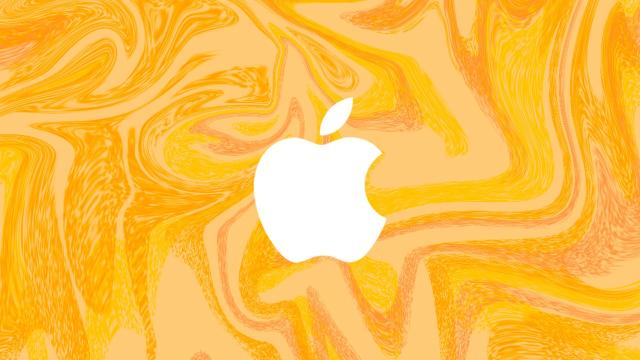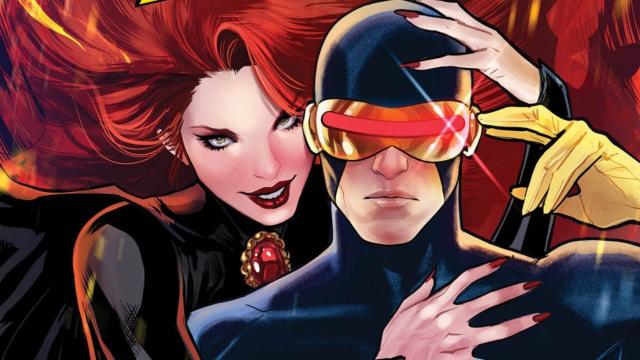In the ongoing Apple vs. Epic Games legal battle, Apple has recently made changes to its App Store policies, allowing U.S.-based developers to link to alternative payment options within their apps. The update follows the U.S. Supreme Court's decision not to hear appeals from Apple or Epic Games, meaning developers can now include a link to their own website for purchases, provided they apply for an “entitlement” and continue to offer Apple's in-app purchase system. Despite this development, Apple will still take a reduced commission of 27% on transactions made through external links—a decision that Epic Games CEO Tim Sweeney criticizes as "anticompetitive." The feud, which started over Fortnite's monetization and led to the game's removal from the iOS platform, sees Epic Games planning to challenge Apple's compliance plan, citing bad faith.
Moreover, there might be a chance for Fortnite to reappear on iOS in Europe due to the EU’s Digital Markets Act, which permits sideloading of third-party apps. The battle royale game has been missing from the App Store since the dispute began.
What are the implications of Apple allowing developers to link to outside payment options?
The decision means developers now have more flexibility in directing their customers to alternative payment methods outside of Apple's ecosystem. This can potentially reduce costs for developers who will pay a lower commission on sales made through these external links. However, it comes with the stipulation that Apple's own payment system remains available to users within the app, and the new commission rate set by Apple could still impact the competitive pricing of digital goods.
Fortnite, created by Epic Games, is a cultural phenomenon that not only transformed the landscape of battle royale games but also became a pioneer in cross-platform play, allowing players across various systems to play together. The legal feud between Apple and Epic Games began in August 2020 when Epic introduced a direct payment system in Fortnite to avoid Apple's 30% fee. This led to Apple removing Fortnite from the App Store. Epic responded with a prepared lawsuit and a PR campaign that parodied Apple's famous "1984" commercial, setting off a legal and public relations battle over App Store policies and developer freedoms.








Comments
No comments yet. Be the first to comment!